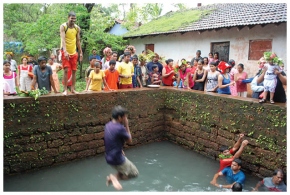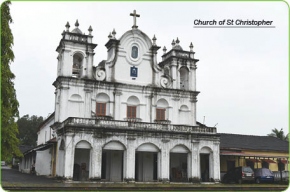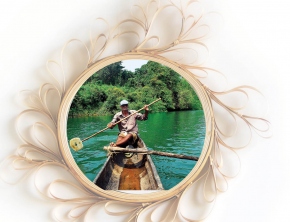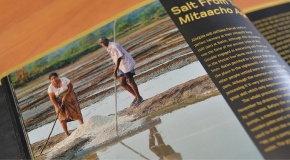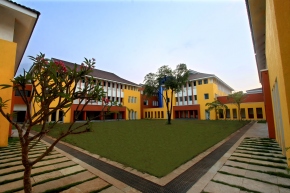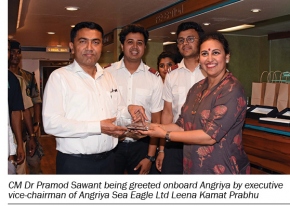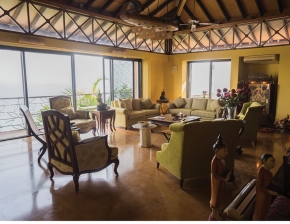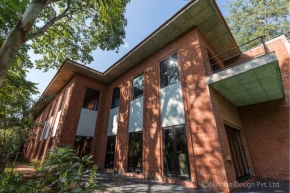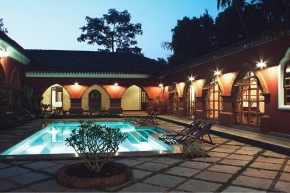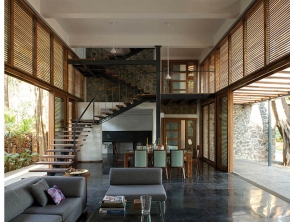- Invesco Mutual Fund unveils Invesco India Focused 20 Equity Fund
- Goa Connect to UK Covid vaccine trial
- VMSIIHE introduces new masters course in tourism under Goa University
- Lokmanya Multipurpose Co-op Society turns 25!
- Governor inaugurates SBI ATM at Raj Bhavan Goa
- Rule your mind
- Rafal Jet, Set Go!
- Axis Mutual Fund launches ‘Axis Global Equity Alpha Fund of Fund’
- Venture Catalysts announces first close of its Accelerator Fund, 9Unicorns at Rs 100 Crs
- Ashok Leyland’s latest range, ‘AVTR’, delivered to customers in Goa
Life by the Barbed Wire
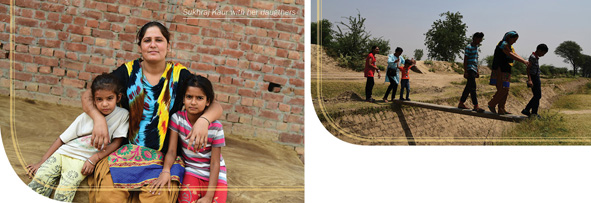
Villagers in the Punjabi village of Narli, which shares a border with Pakistan, cross the treacherous political division every morning to go to their fields
Sukhraj Kaur had never heard of us until we barged into her brick and cow dung home in Narli village. A bright smile lit her face as she greeted us with folded hands in the classic Indian welcome. Unlike traditional Goan homes, their dwellings consist of a large compound with many rooms – each occupied by smaller units of a large joint family. Her room being the most modest, she ushered us into her uncle’s room, switching on the fan to beat the sweltering summer heat. “What can I serve you?” she asked.
From Chandigarh our driver brought us to Amritsar, and responded to our request to experience a day in a remote Punjabi village. He phoned a friend Lucky Singh to show us around his village. Lucky Singh, a folk artist, was busy performing at a wedding and asked us to proceed to his home, but forgot to call his wife to expect us.
So when a bunch of strangers arrived, she was completely unprepared.
But then she reminded us, “You are our honoured guests; I am at your service.”She sent our driver with her husband’s cousin, Manmarjit Singh, to make a few purchases. In the meanwhile she walked us across the meadow, to show us her fields. We gingerly crossed a brick lined canal using a discarded electric pole as a bridge. Soon, we came across two brick lined tracks running alongside the canal, for each tractor tyre. Parallel to the track ran an embankment which we climbed, and as we caught our breath, Sukhraj pointed into the distance. We made out a barbed wire fence. “That’s the Pakistani border,” she whispered in a hushed tone. The embankment was constructed by the armed forces as a barrier between the village and the border. It had built-in underground shelters for the soldiers just in case hostilities arise.
Seeing the fence for the first time at such a close range was quite an experience. Sukhraj spoke about their life by the barbed wire fence: “You know, until recently we had fields across the fence. We had to present ourselves at the gate in the morning and were let through. In the evening, the gate was opened again for us. The Border Security Force (BSF) men kept a watch over us. You see, we Indians worked in our fields almost within touching distance of the Pakistanis. But we were strictly forbidden to talk or even smile.”
Read the full article in 'Viva Goa' magazine copy.
Viva Goa
magazine is now on stands. Available at all major book stalls and supermarkets
in Goa.


